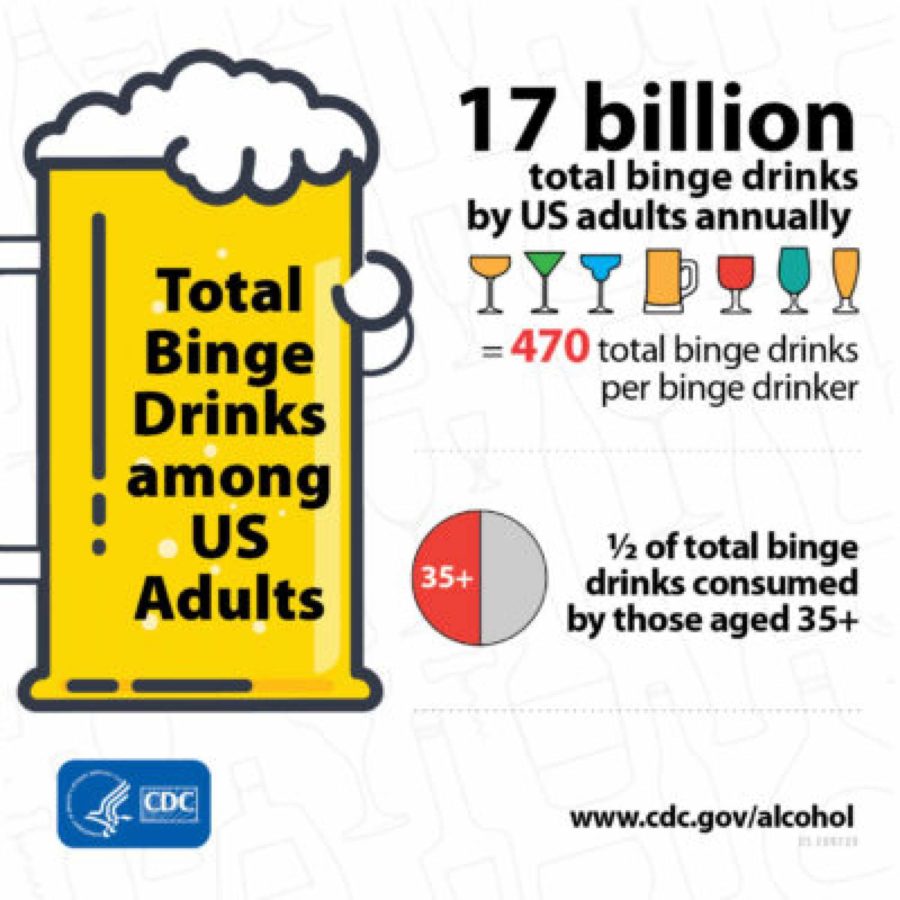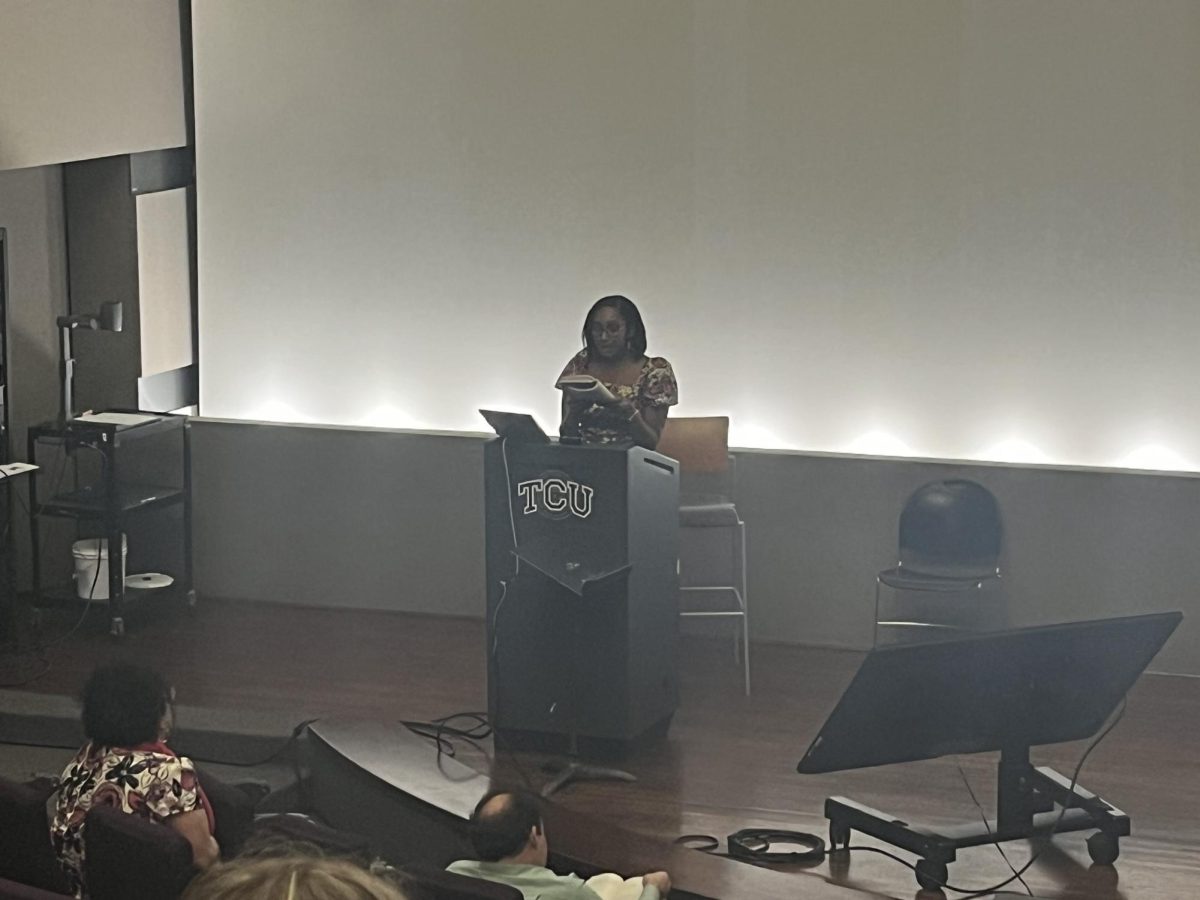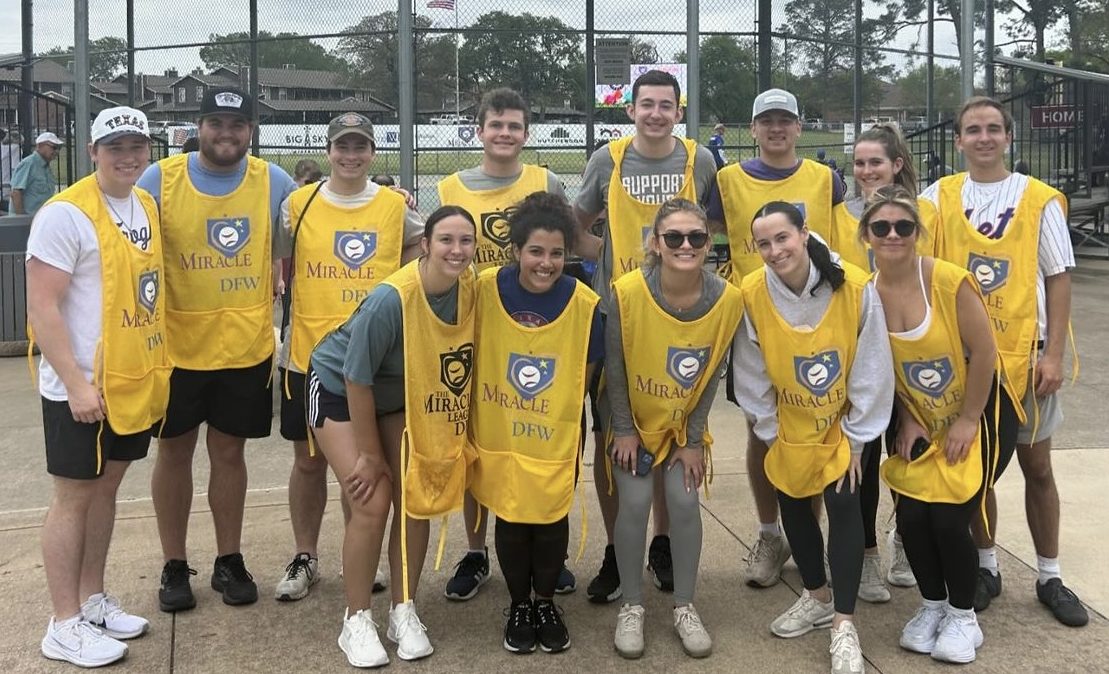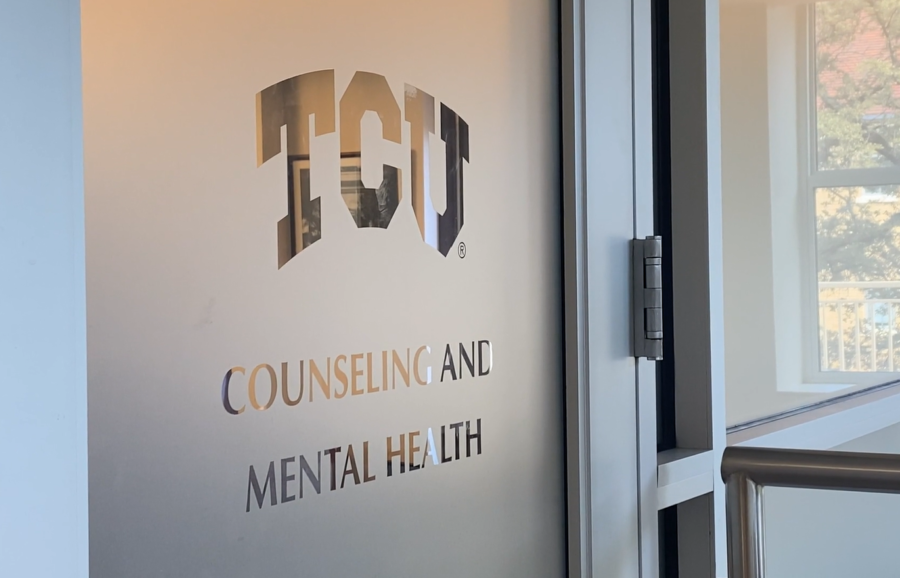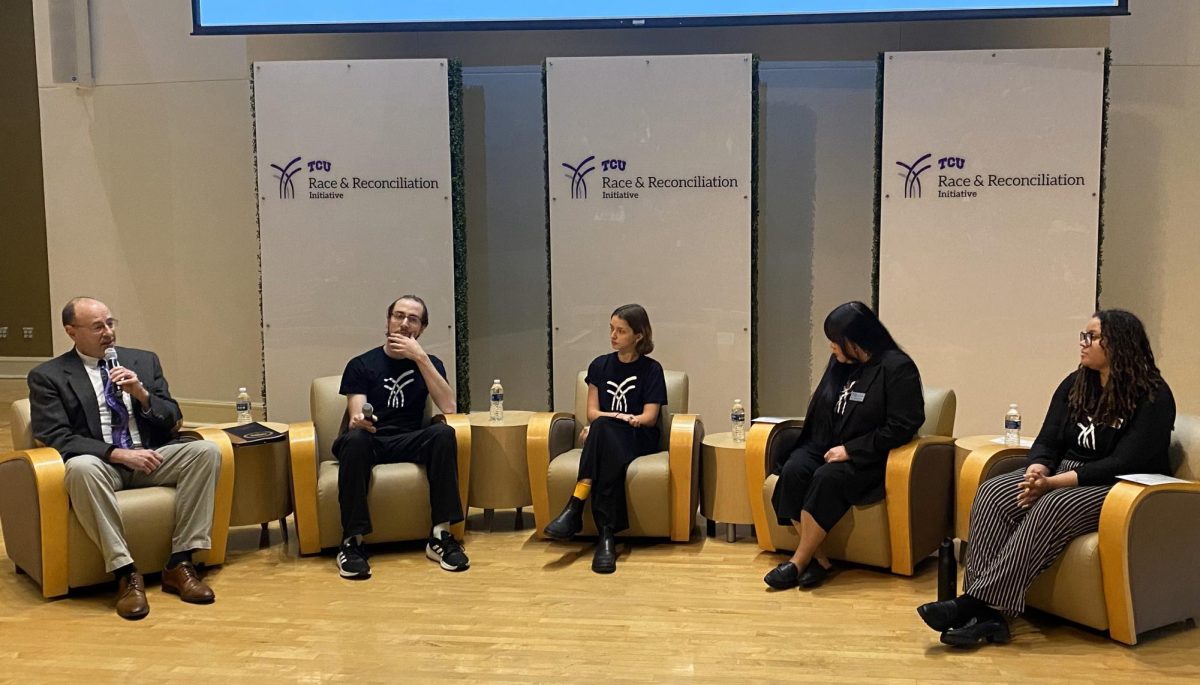“Work hard, play hard,” as they say, has evolved into “work hard, party harder” on college campuses across the country.
As harmless as drinking may seem during college, many students participate in binge drinking and alcohol misuse. According to a student survey conducted by the Collegiate Recovery Community in 2019, 11% of TCU students indicated that they were concerned with their use of alcohol and drugs.
With binge drinking and alcohol misuse on the rise, TCU’s student services have been prepped and are ready to help and educate.
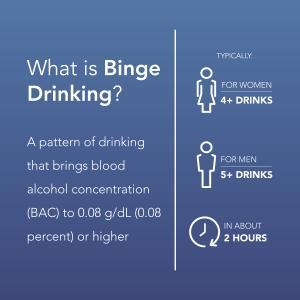
“College students need to start changing their relationships with alcohol and substances,” said Kendall Drummond, a senior and advocate for the Collegiate Recovery Community. “All of the resources here on campus are here to help you. Seek them out first, before you get into trouble.”
Alcohol consumption, including binge drinking, has increased since the beginning of the pandemic, according to Boston University. In 2020, alcohol consumption was up 14% from 2019. Lockdowns also significantly increased alcohol sales.
TCU housing has seen an increase in binge drinking on campus, resulting in an increase in Alcohol Violations (AVs).
“Our first concern is about our students themselves and their success,” said Craig Allen, Executive Director for Housing & Residence Life and Fraternity & Sorority Life. “Binge drinking can have a negative impact on their behavior and in the residence hall communities. It causes too much noise and vandalism.”
Kendall Drummond, a 22-year-old senior psychology major, is an active member of the community. She is also an advocate on campus and within her sorority for the peer support communities.
“They take a different approach, which I like,” Drummond said. “Our group models healthy relationships with substances and talks about making responsible choices. It’s just easier to listen to people your own age.”
Oftentimes, it is most important to get to the root of the issue. “We want to understand why a student is drinking so much,” said Allen. “It’s more than the fact that they’re consuming so much alcohol. It’s about why they aren’t making good choices.”
Resources on campus such as the Counseling and Mental Health Center and Collegiate Recovery Community are great resources for students seeking help. The Collegiate Recovery Community is one of many peer support communities that meet on campus.
Binge drinking represents an unhealthy relationship with alcohol, which is something that Drummond, along with other advocates on campus, is working to change.
“College students need to start changing their relationships with alcohol and substances, and our recovery community is not necessarily just about making huge changes, they can be small,” said Drummond. “For students who are 21, it can be about understanding that you can go out and have two drinks and have fun.”



